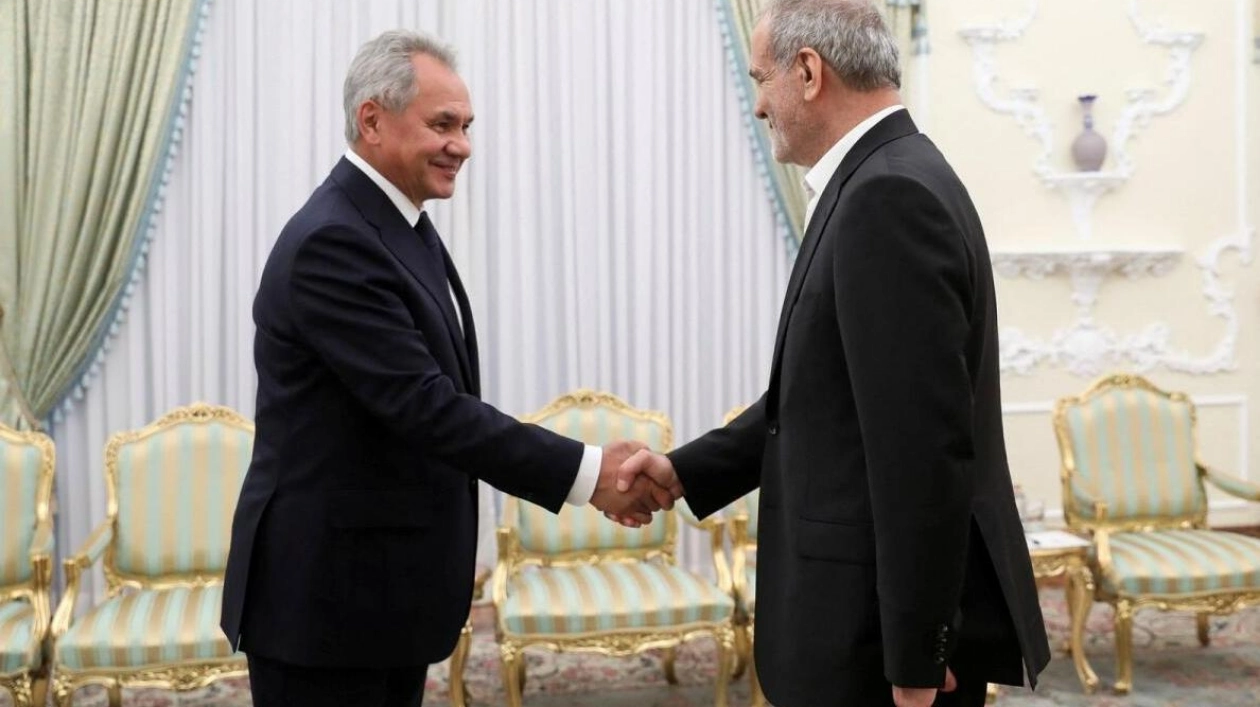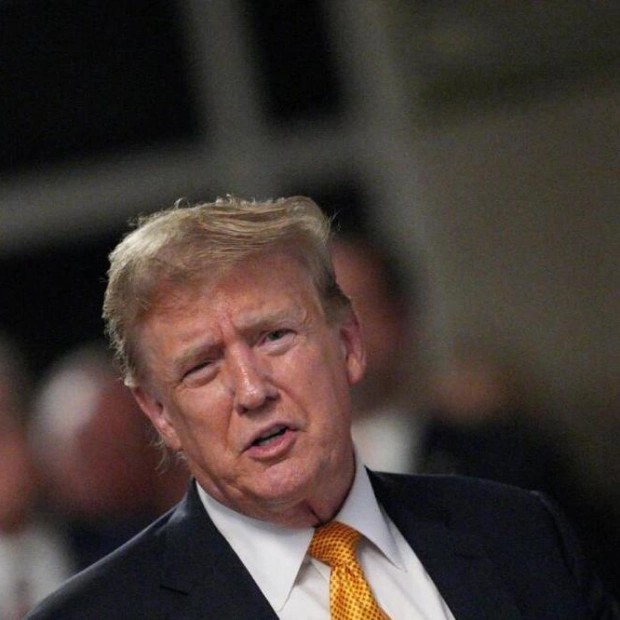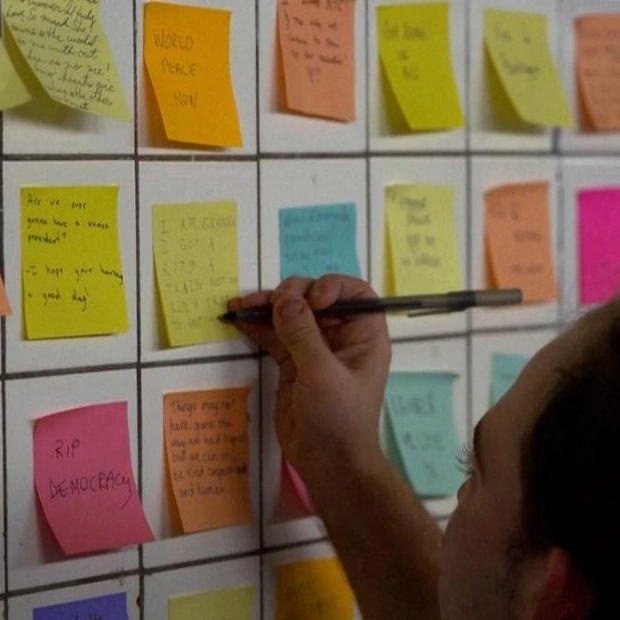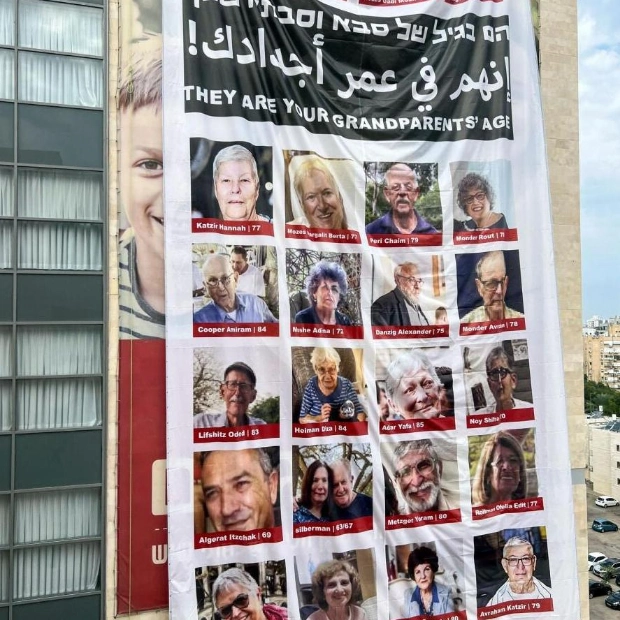Russian President Vladimir Putin has requested Iran's Supreme Leader Ayatollah Ali Khamenei to exercise restraint in response to Israel's alleged assassination of Hamas leader Ismail Haniyeh, advising against targeting Israeli civilians, according to two senior Iranian sources.
The message, conveyed on Monday by Sergei Shoigu, a key ally of Putin, during meetings with high-ranking Iranian officials, comes as Iran contemplates its response to Haniyeh's assassination. Tehran also urged Moscow to expedite the delivery of Russian-made Sukhoi Su-35 fighter jets, the sources added. The Kremlin in Moscow did not comment on the matter.
State-run RIA news agency reported that Shoigu discussed Haniyeh's killing during his visit to Tehran. Details of the talks with Shoigu, who previously served as defense minister and is now the secretary of Russia's security council, were not disclosed. Shoigu's visit was part of Moscow's efforts to urge Iran to show restraint while condemning Haniyeh's assassination as "a very dangerous act", aiming to avert a Middle East war.
The region is teetering on the edge of a major conflict, with those responsible for Haniyeh's assassination clearly seeking to provoke such a crisis. Russia has strengthened its ties with Iran since the onset of its conflict with Ukraine and is preparing to sign a comprehensive cooperation agreement with Tehran. Iran's Foreign Ministry did not immediately respond.
On Monday, it stated that Tehran does not seek to escalate regional tensions but needs to hold Israel accountable to prevent further instability. In Washington, a Biden administration official warned of the risks of a significant regional conflict, emphasizing that the scale of Iran's and Hezbollah's response would be crucial in determining the extent of a potential conflict.
Despite efforts by Western and regional states to persuade Iran to respond moderately, Tehran has informed foreign officials that it will retaliate "severely" to Haniyeh's killing. In Lebanon, a source close to Hezbollah indicated that a retaliatory strike is imminent and diplomacy is no longer an option, though it should be severe without triggering a regional war.
A senior US official focused on the Middle East said Washington is doing everything possible to prevent all parties from escalating the situation beyond return. A Qatari official noted that Doha is in continuous talks with Iran to ease tensions. Israeli Defense Minister Yoav Gallant warned that Israel must be ready for any scenario, including a rapid shift to offense.
Israel's response to any attack by Hezbollah or Iran would likely hinge more on the damage inflicted rather than the scale of the attack, according to sources familiar with recent Israeli assessments. Israeli officials have not claimed responsibility for Haniyeh's killing. Iran supports both Hamas, which is at war with Israel in Gaza, and Hezbollah, with whom Israel has been exchanging fire since Hamas's attack on October 7.






